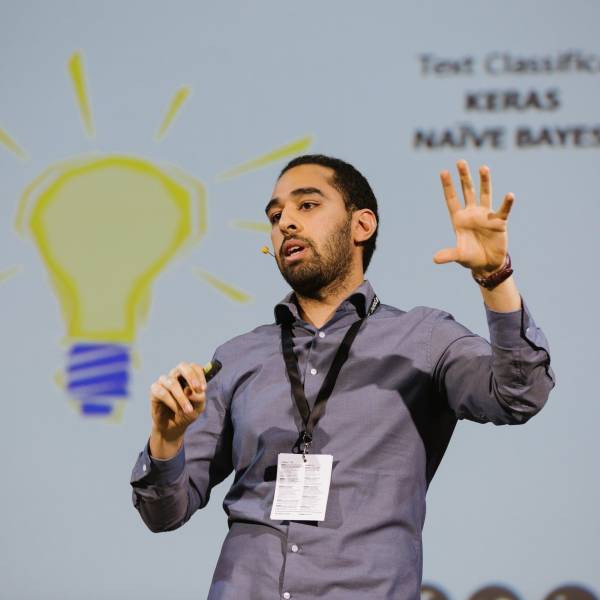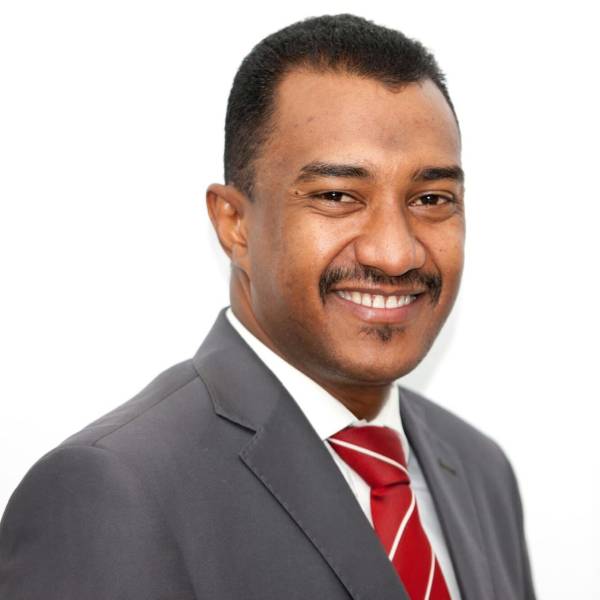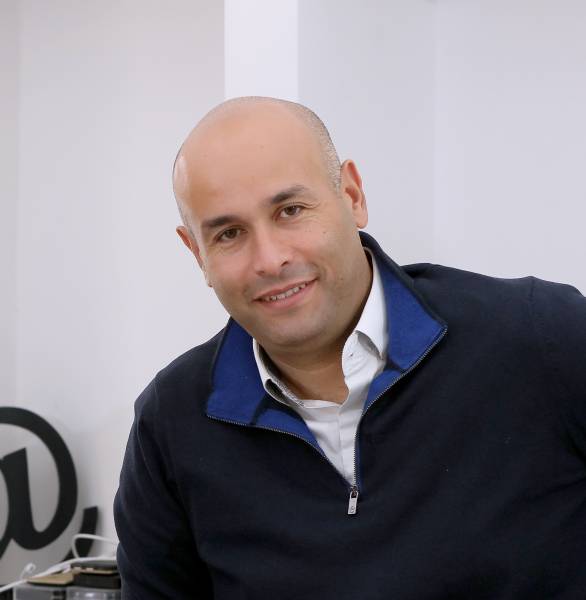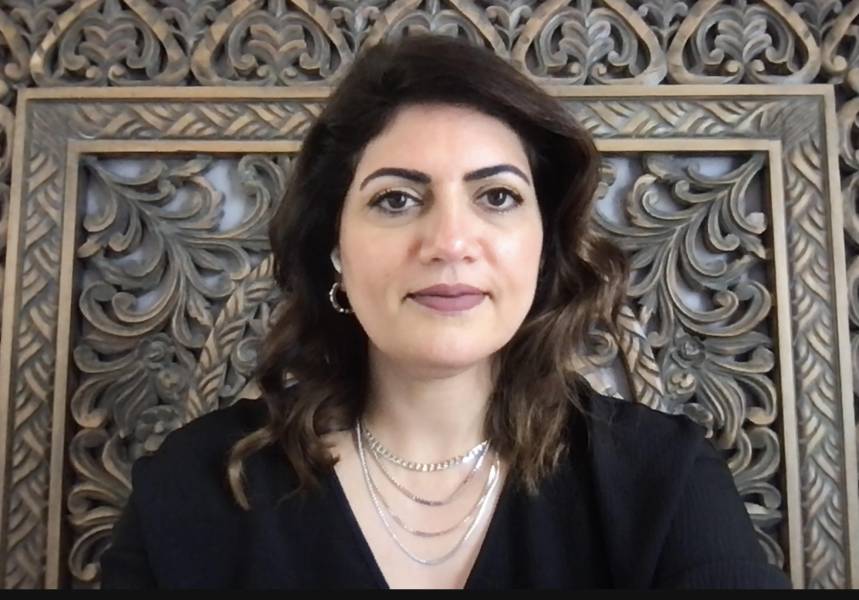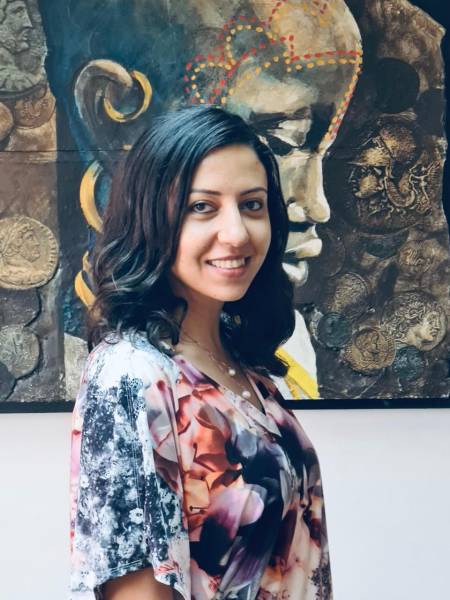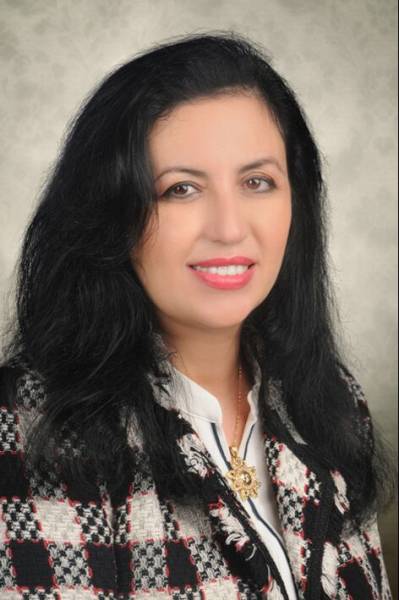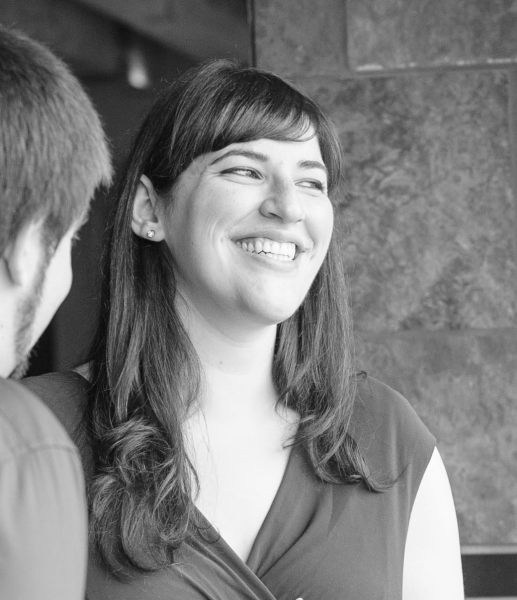Civic Participation
Dr. Karim Chabrak
Founder of coinsence.org
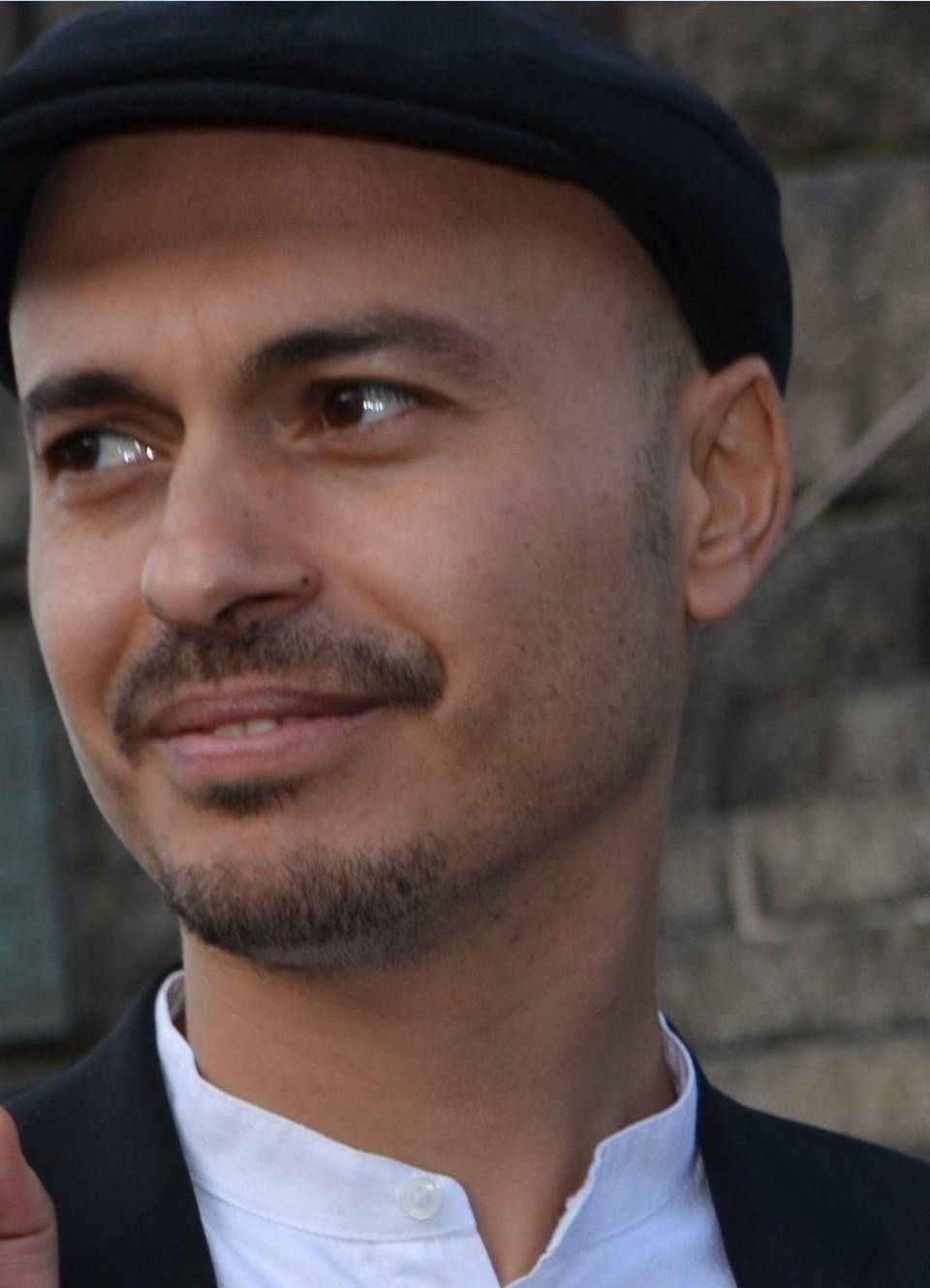
Founder of coinsence.org
explore
Connecting the Future with the Past
Coinsence.org is a global blockchain based collaboration platform for change-makers and social entrepreneurs. Founded by Karim Chabrak, coinsence.org also offers the needed digital collaboration and value exchange ecosystem for communities and organizations to create impact. Members can issue their own currencies and crypto assets, collectively fund projects, engage all kind of available resources and reward contributions via an open marketplace for services and products. This project is one of six globally selected cohort projects which received funding from UNICEF Innovation Fund.
Blockchain, crypto assets, community currencies, however, are terms and concepts that the average person may have heard but does not fully comprehend. To better understand Coinsence, its goals and value, it’s important to travel back in time when money was invented and briefly follow its evolution to the digital age.
Paraphrasing Aristotle, when the inhabitants of one country became more dependent on those of another, and they imported what they needed, and exported what they had too much of, money necessarily came into use. From Mesopotamia and China to Egypt, Greece and Rome the financial interactions of societies have evolved over the millennia from bartering and natural objects to coins to paper to digital versions. But whatever the medium, human beings have long used currency as means of exchange, a method of payment, a standard of value, a store of wealth and a unit of account. As the role of money should not be overvalued, as Liza Minnelli’s song ‘Money makes the world go round’ reminds us, it should not be neglected either. In fact, it has become the central belief among politicians, economists, the media and monetary policymakers.
In the earliest stages of trade with money, commodities with the greatest marketability, such as grains and livestock, determined the nature of objects chosen for their exchange. The concept of production and consumption of goods was, therefore, based at very basic human needs for survival and prosperity. Fast forward, as more and more of the basic needs of people were met and became more refined, consumerism was born.
Consumerism is a social and economic order that encourages the acquisition of goods and services in ever-increasing amounts. Some have argued that consumerism has led to a large change in culture, especially American, and a shift away from values of community, economic equality and justice. Poverty, hunger and environmental degradation are just a few of the negative consequences of economic policies based on consumerism. To counter-balance consumerism, groups and communities with common bonds and goals created a complementary currency known as community currency that aims at using money as a tool to achieve effective and sustainable social and environmental objectives.
Below is a summary of the key objectives and elements of the services made possible through community currencies. [1]
• Democratizing services and organizations: time credits for volunteering encourage people to actively engage in their community while making services, such as elderly care, more democratic.
• Supporting small and medium enterprises: Community currencies can serve as a means to promote independent shops over large corporations since they keep on circulating locally. They can also help SMEs support each other financially by lending and receiving credit, goods and services within the currency network.
• Countering inequality and social exclusion: Specially designed currencies can address inequality issues by giving everyone the chance to get involved in their community; for instance by rewarding participation in voluntary programs.
• Addressing environmental impacts: Community currencies can play a role in better valuation of environmental resources and providing an incentive for more sustainable behavior.
Building on this concept, coinsence.org was created with three major components that are all supportive of the Sustainable Development Goals (SDG) of the United Nations. The first component is to Strengthen Civil Society by supporting non-profits, grassroot organizations and social entrepreneurs in addressing local and global challenges that societies are facing today. The second is to Create Synergies by encouraging people and businesses to co-innovative, collaborate, and jointly contribute to problem solving. And the third is to Jointly Create Value by offering innovative and participative approaches that allow to pool all possible kind of resources and enable contribution-based ownership models. Coinsence is also experimenting with new solutions enabling e.g. democratic redistribution of value within communities or dynamic sharing of ownership between investor, producer and consumer.
Karim Chabrak, founder of coinsence.org, is a senior expert for strategy and innovation with the main focus on blockchain technology, future organizations, and business transformation. Karim main interest is how to empower youth and enable them to transform society, economy and governance to be more in the service of all and especially in the service of future generations. Karim holds PhD in telecommunication technology and is working in Deutsche Telekom, where he is driving different projects related to 5G standardization, blockchain and to future business operation and transformation.
Karim Chabrak is supported in coinsence.org by Khaoula Behi, its Innovation Manager. With a business background, Behi has been working with Tunisian civil society since 2012 to develop specific knowledge about civil society modeling and social entrepreneurship. An innovation expert and researcher, she is working on different projects with various non-profit organizations and initiatives from MENA Region. Her work on innovation system implementation focuses on co-creation and bottom-up innovation to enable social transformation, with emphasis on empowering local communities and sustainability. Khaoula has two Master Degrees; M.Sc. in Strategy and Management from the High Institute of Commerce of Carthage (IHEC) and a professional Master’s Degree in Innovation Management from the National School of Engineering of Tunis (ENIT).
Reference:
1- https://en.wikipedia.org/wiki/Community_currency

